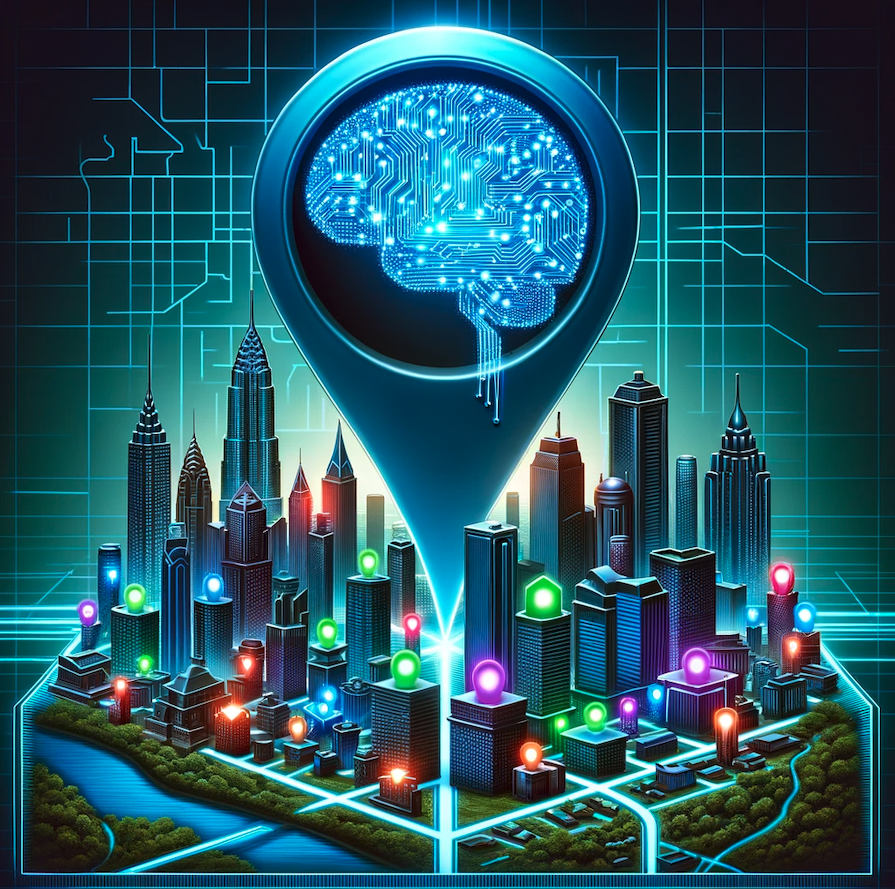AI & Your Local SEO Agency: One Year Later
Joy Hawkins of SterlingSky and Darren Shaw of Whitespark, joined Mike and Greg to talk about how AI has impacted local SEO. They discuss specific use cases and the future.

We are departing from our regular format to provide you with a summary of a recent interview with Joy Hawkins and Darren Shaw on how they are using generative AI in their agencies. Our regular format will be returning Monday. You will find links to specific tips and techniques highlighted below.

